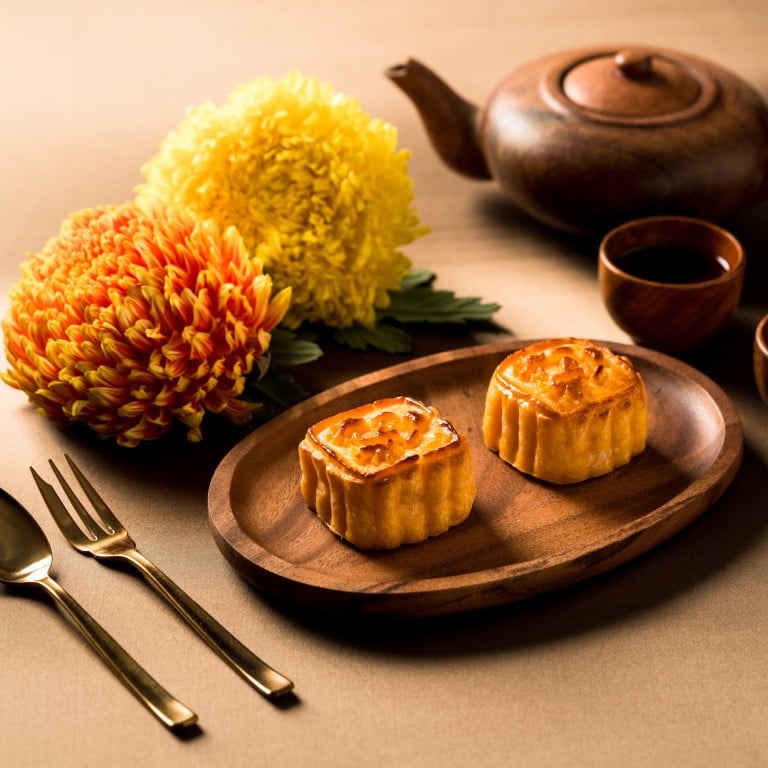Why do we eat mooncakes at Mid-Autumn Festival? From the legend of moon goddess Chang’e to a folk tale about Ming Dynasty revolutionaries, the true history of a quintessential Chinese tradition

Mooncakes come at premium prices from top hotels leading up to Mid-Autumn Festival, but before the luxury bakery brand names were legends and folk tales about the hero Hou Yi and his wife Chang’e, and the first emperor of the Ming Dynasty, Zhu Yuanzhang
Most mooncakes consist of a thick, tender pastry skin enveloping a sweet, dense lotus paste filling, and may contain one or more whole salted egg yolks in the centre as a symbol of the full moon. The more egg yolks, the higher the price.
Although the traditional recipe for mooncakes isn’t complicated, it is rather labour intensive, making the sweet snack one of the most coveted foods in Hong Kong up until the city’s economic boom in the 1980s. There were even “mooncake clubs” in the 60s and 70s – essentially a layaway plan for the average family to afford mooncakes to gift to family elders and bosses.
But the cultural history behind mooncakes goes back way further than that.
The legend of Chang’e

The Earth once had 10 suns, the legend goes, which caused drought, famine and suffering. The hero and skilled archer Hou Yi shot down nine of the suns and was crowned king by the people in thanks.
But, unfortunately, Hou Yi turned out to be a tyrannical ruler who sought – and found – the elixir of immortality so that he could rule forever.
To put an end to his malevolent reign, Hou Yi’s wife, Chang’e, drank the elixir herself, flying to the moon to escape the shots fired by her irate husband and eventually becoming the spirit of the moon. From then on, people offered tributes to Chang’e on the 15th day of the eighth lunar month to commemorate her.